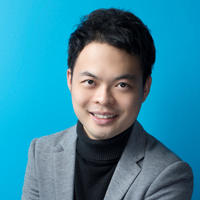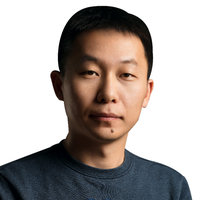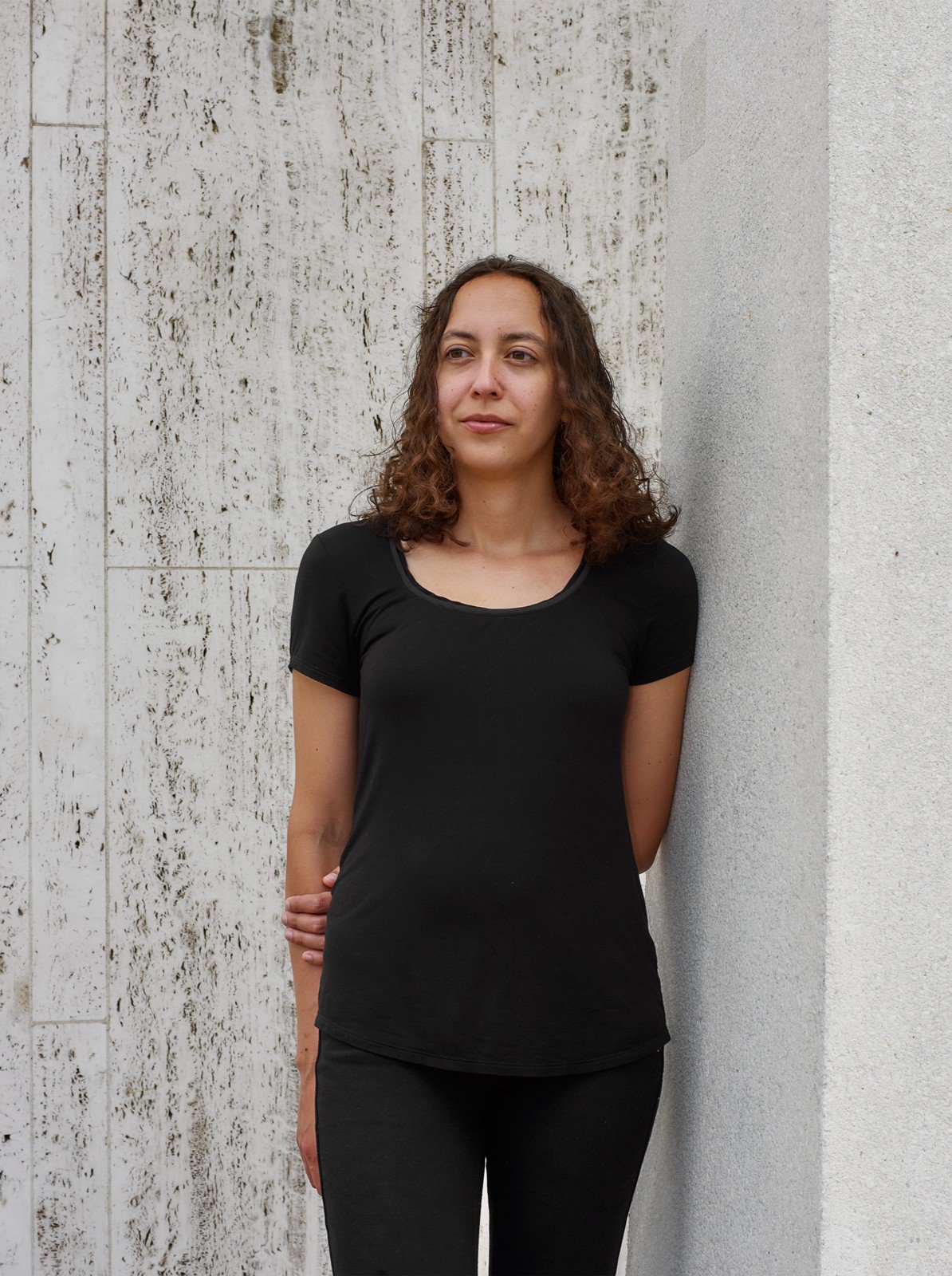Artificial intelligence & robotics
Olga Russakovsky
Employed crowdsourcing to vastly improve computer-vision system.

India
Prasant Misra
Auditory sensing for micro unmanned aerial vehicles (UAVs or drones)

Global
Firstname Lastname
This is a short one-line description about the innovator's work..

China
Xingze Wang
Computer vision with physical optics

China
Mingjie Zhu
Taking advantage of machine learning, his company mines value from data through different financial scenarios to create risk control solutions
